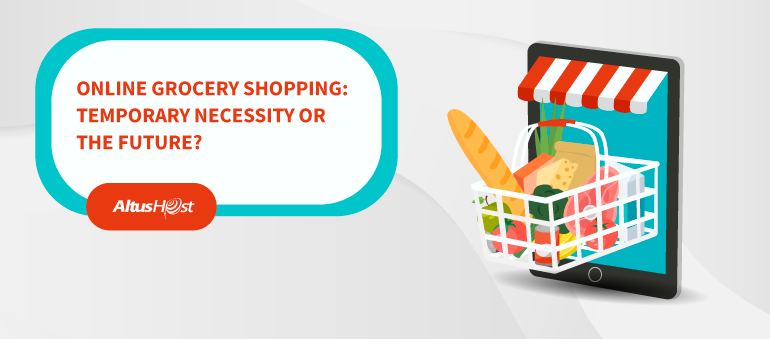The world has seen a significant increase in the online food industry in times of the Covid19 pandemic, but will it stay that way once it is over? To accurately examine this inclination we need to look back a bit in order to draw a meaningful conclusion.
One of the pioneers in the online grocery consumption industry has perfectly analyzed the needs of the marker and rightfully earned no.1 position in the given market – Tesco.
Back in 2010, they analyzed in-depth the behavior of South Koreans. It turned out that Koreans are the no.2 hard-working people in the world. Having said so, grocery shopping once a week is a dreadful task for them. After analyzing all tired and busy people, Tesco or locally rebranded as Home Plus has figured out the solution to the problem. No additional stores plus a better comfort for those that shop. The idea that they came up with was – Let the store come to the people.
First marketing in that effect has been to visually mimic their store in the most visited place, the metro station. Although virtual, the displays were exactly like the actual store, yet one thing was different. They used their mobile phones to scan the provided QR codes bellow the products by which the wanted product would end up in their virtual carts. Home deliveries of goods were fast after the purchase order completion which provided people much-needed comfort after the work and on the weekends.
Following the end of the campaign, the number of new registered members rose by 76% and online sales increased 130% which made Tesco aka. Home Plus no. 1 in the online market.
Consequently, they have anticipated the needs of the market of South Korea back in 2010-2011 but how far has the rest of the world stretched in the online consumption of grocery items?
Six years later, according to the statistics from 2016 Asia leads the field of countries that shop groceries online – the US lags far behind. Specifically, South Korea holds 16,6% of the online grocery market share worldwide (Statista, 2017).
Nevertheless, the overall grocery market in 2018 was $632 billion and it doubled in value from 2016 to 2018. Online stores that have affordable and quick delivery are leading the way in customer conversion and add-to-cart effect. Nonetheless, customers remain hesitant about buying fresh & frozen foods and meat online up until now.
Stay-at-home lockdowns of some kind have pushed many to turn to online shopping of groceries with two options, delivery or either pickup.
From early March, UK supermarkets have been swamped with internet orders, mostly from buyers who would like to avoid busy and overcrowded stores. Omnichannel retailers that were already established as online retailers quite well some would say could have been prepared for a surge of new clients and increase in demand but they faced a problem because the demand skyrocketed. Websites and apps crashed multiple times and the delivery slots were constantly booked because no one expected this.
Amongst many reasons, convenience, very low risk of spread from products or packaging that are shipped, and the overall panic that arose amongst people it all created a shift to online.
Apart from sales being up, the behavior of purchasing online has altered and more advanced options have been offered. Downloads of apps that allow people to hire personal shoppers to prepare and in some cases deliver their grocery orders have increased.
Nowadays customers are trying their best to adapt the situation in hand and therefore shifting their behavior as a result. Many businesses are going through quite an adventure as well and are bearing much of the same uncertainty while trying to support consumers’ needs.
After this is all over, we could say that customers will be continuing to order online, particularly those who, before COVID used to have that as routine. Those who have found online shopping as a solution to their busy schedules or perhaps considered shopping to be physically challenging. Notwithstanding, post-COVID-19 will present some significant economic consequences and it is probable that people are not going to be as willing to pay for the convenience.
Countries that have higher spending power will most certainly be permanently acquired customers, whereas in the developing countries the rise of online grocery shopping will be temporary for the majority, yet not so insignificant for future growth.

